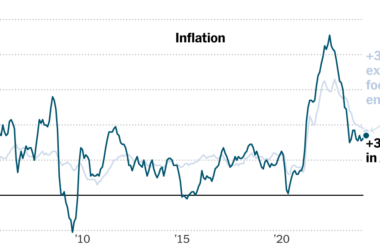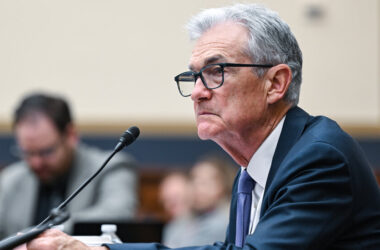Dr. John Wust doesn’t seem like a typical activist. An experienced obstetrician-gynecologist from Louisiana, Dr. Wust spent the first 15 years of his career running his own practice. However, when he joined Allina Health, a large nonprofit health care system based in Minnesota, he found himself feeling increasingly powerless in the decision-making process at the hospital.
In March, Dr. Wust and over 100 of his colleagues at an Allina hospital near Minneapolis voted to unionize after feeling that they had less input at the hospital than ever before, leading to unsustainable workloads. This move marked one of the largest groups of private-sector doctors to unionize at the time.
This trend of professionals in the healthcare industry unionizing or protesting has been on the rise. Last year, healthcare workers, particularly nurses, held eight major work stoppages — the most in a decade. Many healthcare professionals have expressed that they have been asked to take on increasing workloads as staffing levels dwindle, leading to exhaustion and concerns about patient care.
The root of these issues goes deeper, stemming from the consolidation of healthcare companies, which has left workers feeling powerless in large bureaucracies and limited in their ability to exercise professional judgment.
As a result of these changes, professionals are beginning to realize that they are being treated like subordinates, leading to a growing worker consciousness among healthcare professionals.
For instance, pharmacists have found themselves being held to increasingly strict performance metrics, while doctors have had to acclimate to management theories borrowed from other industries, like manufacturing, that seek to minimize excess capacity.
These changes have led to healthcare professionals feeling that their autonomy and professional judgment are being compromised, with administrators increasingly evaluating their medical staff according to metrics tied to patients’ health.
The pandemic further exacerbated these issues, with pharmacists and healthcare workers finding themselves overworked and stressed, leading to a breaking point for many professionals. This has prompted an increase in inquiries from doctors and pharmacists about unionizing.
In response to these shifts, professionals in the healthcare industry have begun to organize, with more healthcare workers considering union membership and reaching out to labor organizations for help.
For instance, after being fired, pharmacists organized coordinated sick days and walkouts, prompting action from their employers to address their concerns.
The challenges faced by healthcare professionals highlight the need for a reevaluation of the treatment and working conditions of those in the healthcare industry and the importance of involving them in discussions and decision-making processes.








